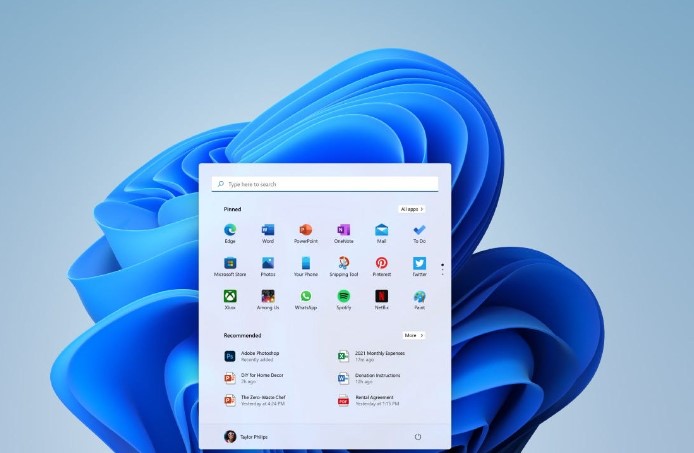Understanding Windows 11 Activation Keys: A Comprehensive Guide

Windows 11, Microsoft’s latest operating system, brings with it a new set of features and improvements designed to enhance user experience and productivity. One crucial aspect of using Windows 11 key is understanding activation keys, which play a pivotal role in ensuring your copy of Windows is genuine and properly licensed. In this guide, we delve into everything you need to know about Windows 11 activation keys, from what they are to how to obtain and manage them effectively.
What are Windows 11 Activation Keys?
Windows 11 activation keys are alphanumeric codes that serve as a license to authenticate and activate your copy of the operating system. They are essential for verifying that your installation of Windows is genuine and legally acquired. Activation keys are typically provided with new computers that come pre-installed with Windows 11 or can be purchased separately for self-built or custom PCs.
Types of Windows 11 Activation Keys
OEM Keys: Original Equipment Manufacturer (OEM) keys are tied to specific hardware and are typically pre-installed by computer manufacturers on new devices.
Retail Keys: Retail keys are sold separately and can be transferred between different devices as long as they are used on only one device at a time.
Volume License Keys: Used by organizations for bulk activations of Windows installations across multiple devices, typically managed through a Key Management Service (KMS).
Read also: Board Up Services Explained: Simple Guide to Protect Your Property
Activation Methods
Windows 11 can be activated through various methods depending on the type of key you have:
Online Activation: The most common method where Windows connects to Microsoft’s activation servers over the internet to validate your key.
Phone Activation: An alternative method for situations where online activation isn’t possible, involving a toll-free call to Microsoft’s activation center.
How to Obtain Windows 11 Activation Keys
Pre-Installed Devices: New computers often come with Windows 11 pre-installed and activated using an OEM key embedded in the device’s BIOS or firmware.
Retail Purchase: Windows 11 retail keys can be purchased from authorized retailers, Microsoft Store, or online marketplaces.
Volume Licensing: Organizations can acquire volume license keys directly from Microsoft or authorized resellers for deploying Windows 11 across multiple devices.
Managing Activation Keys
Effective management of activation keys ensures compliance and hassle-free operation:
Activation Status: Check if Windows 11 is activated and the type of key used through the Settings app.
Troubleshooting Activation Issues: Resolve common activation errors by ensuring internet connectivity, entering the key correctly, or using alternative activation methods.
Importance of Genuine Activation
Using genuine activation keys offers several benefits:
Security: Genuine Windows installations receive security updates and patches, protecting your system from vulnerabilities.
Support: Access to Microsoft support services for troubleshooting and assistance.
Legal Compliance: Ensure compliance with Microsoft’s terms of service and licensing agreements.
Frequently Asked Questions
Can I transfer my Windows 11 key to a new computer?
Retail keys allow transfer to a new device, while OEM keys are tied to the original hardware.
What happens if I don’t activate Windows 11?
Unactivated Windows 11 may restrict access to certain features and display a watermark indicating the need for activation.
Can I activate Windows 11 without an internet connection?
Yes, using phone activation as an alternative method.
Conclusion
Understanding Windows 11 activation keys is essential for ensuring a smooth and legal operation of your operating system. Whether you’re a home user, a business, or an IT professional managing multiple installations, knowing how to acquire, activate, and manage these keys can streamline your Windows experience and ensure compliance with Microsoft’s licensing terms.




